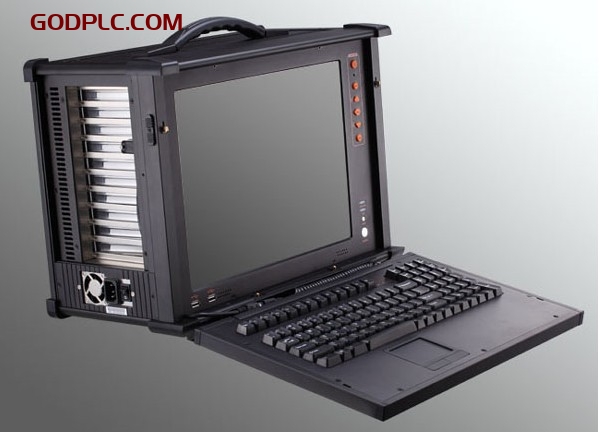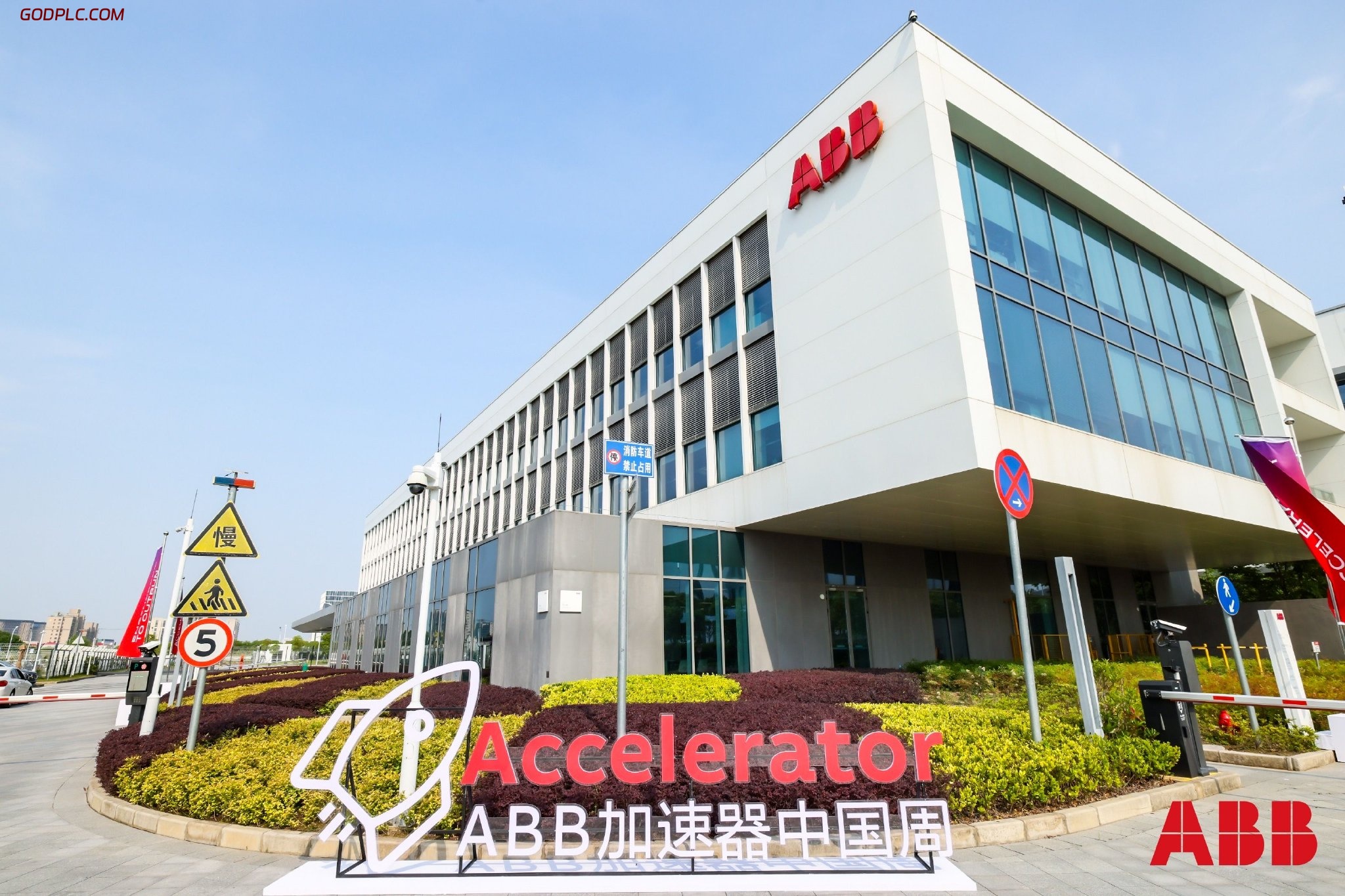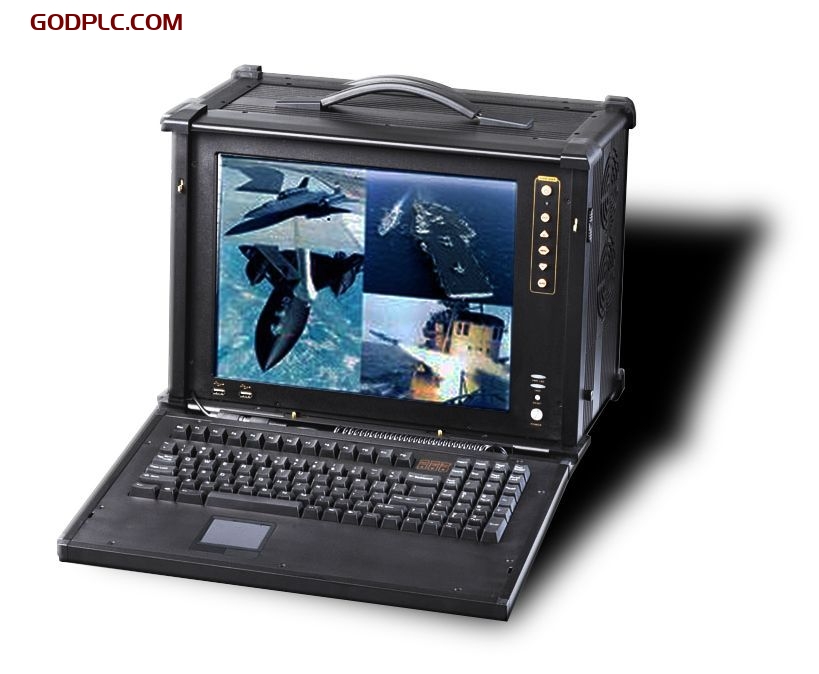100% Original, Ready to Ship!
What are the advantages and disadvantages of rack-mounted industrial computers?

With the rapid development of industrial automation and informatization, various types of industrial computers play an indispensable role in different industrial scenarios. Among them, rack-mounted industrial computers have become an important choice for many industrial enterprises and data centers with their unique design and performance characteristics. It is like the “backbone” of the industrial field, supporting various complex industrial control and data processing tasks. However, just as everything has two sides, rack-mounted industrial computers also have their own advantages and disadvantages. In-depth understanding of its advantages and disadvantages is of great significance for the reasonable selection and use of industrial computers and the improvement of industrial production efficiency and stability.
1. What are the advantages of rack-mounted industrial computers?
1. Standardized design
It adopts standard rack size and can be easily installed in standard cabinets. This standardized design not only makes the installation and maintenance of industrial computers more convenient, but also effectively saves space. Neatly arranged rack-mounted industrial computers can greatly improve space utilization and facilitate management and monitoring. At the same time, this standardized design is also conducive to the expansion and upgrading of equipment. Enterprises can flexibly add or replace hardware components according to actual needs to meet changing business needs.
2. Good heat dissipation performance
In industrial environments, industrial computers often need to run continuously for a long time, generating more heat. Rack-mounted industrial computers are usually equipped with efficient heat dissipation systems, such as multiple cooling fans and reasonable air duct design. These heat dissipation measures can dissipate heat in time to ensure that the temperature inside the industrial computer is within a reasonable range, thereby ensuring the stable operation of the hardware and extending the service life of the equipment. This is crucial for industrial production with extremely high requirements for stability.
3. Excellent expandability
It usually has a wealth of slots and interfaces, such as PCI, PCI-E slots, etc. Users can insert various expansion cards according to specific needs, such as graphics cards, network cards, data acquisition cards, etc., to enhance the functions of the industrial computer. In addition, it also has multiple external interfaces such as USB, serial ports, and parallel ports, which are convenient for connecting various external devices to meet the needs of different industrial application scenarios. Whether in the automated production line of the manufacturing industry or in the monitoring system of the energy industry, this powerful scalability can provide more possibilities for enterprises.
2. What are the disadvantages of rack-mounted industrial computers?
1. High manufacturing cost
Since rack-mounted industrial computers use standardized design and a relatively complex cooling system, their manufacturing cost is relatively high. In addition, the supporting cabinets and related accessories also require a certain amount of money, which may pose a certain economic pressure for some companies with limited budgets.
2. Poor flexibility
Although it has certain advantages in scalability, once installed in the cabinet, its position and configuration are relatively fixed. If you need to move or adjust the configuration of the industrial computer, it may take more time and effort. Moreover, due to the large size of the rack-mounted industrial computer, it may not be suitable for some industrial sites with limited space.
3. High maintenance difficulty
Since multiple industrial computers are installed in the cabinet, when a certain industrial computer fails, it may need to be removed from the cabinet for repair. This process is relatively complicated and may affect the normal operation of other equipment. At the same time, there are many cables inside the cabinet, which also increases the difficulty of troubleshooting and maintenance.
 ABB Accelerator China Week concludes
ABB Accelerator China Week concludes
 Can industrial monitors be used as TVs?
Can industrial monitors be used as TVs?
 What is an industrial control computer?
What is an industrial control computer?
